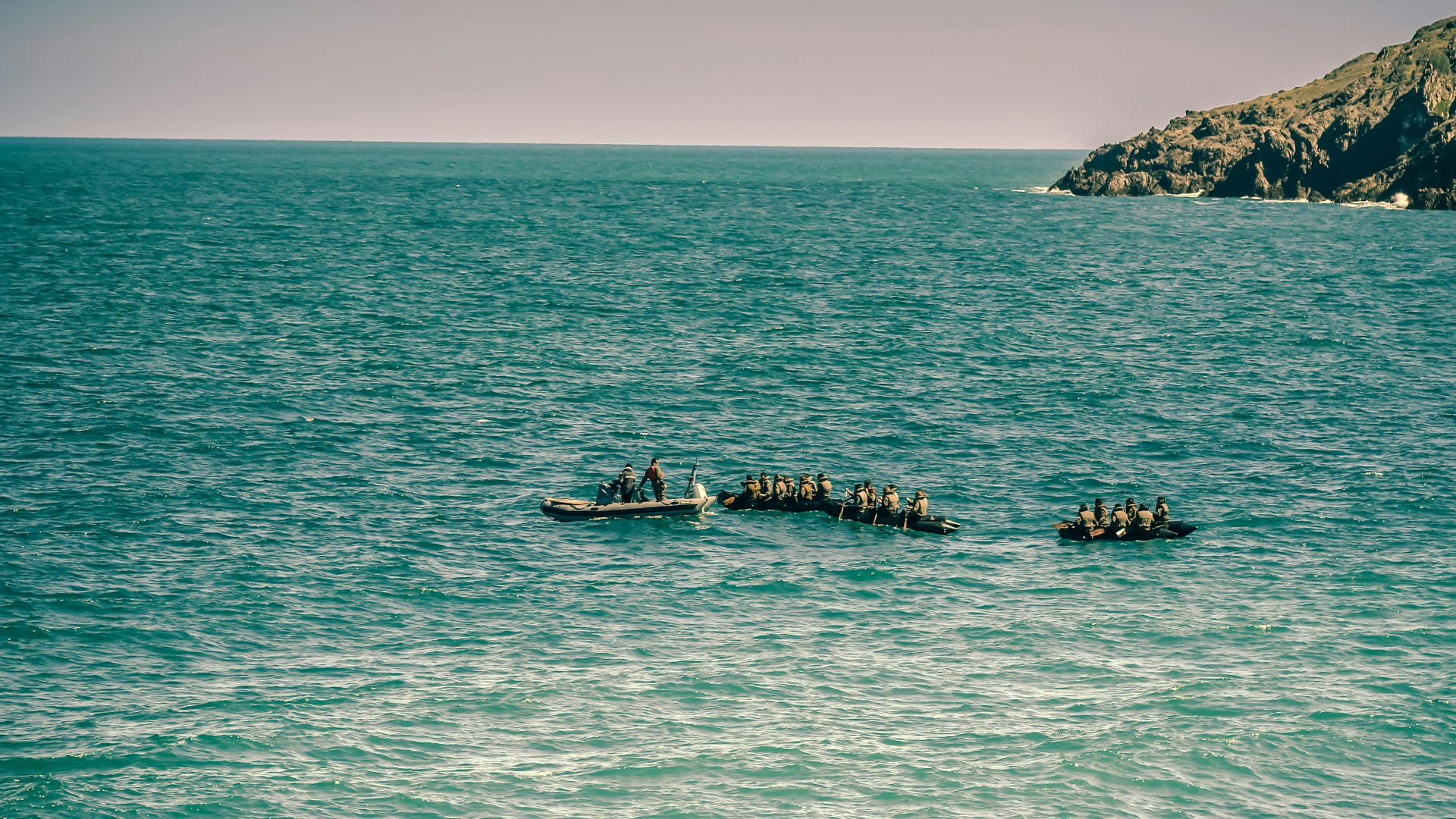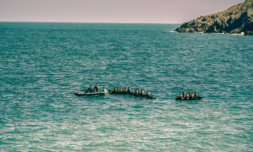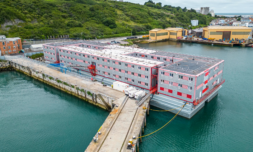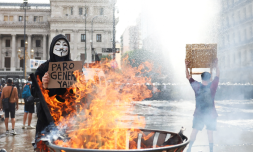The European Union faces growing backlash for its role in refugee rights violations, as critics argue that its strict asylum policies and border enforcement contribute to the suffering of those seeking safety.
Libya currently remains deeply divided and unstable amid ongoing political deadlock and militia violence.
In 2021, the indefinite postponement of national elections led to clashes between the UN-recognized Government of National Unity and the Government of National Stability, backed by the Libyan Arab Armed Forces.
However, violence significantly escalated in early May, with the assassination of a militia leader, sparking brutality between armed groups in Tripoli. Most of these confrontations have included heavy weaponry in a population-dense area, forcing the displacement of hundreds of families.
Amid the conflict, one group remains overlooked: the refugees.
Libya’s central Mediterranean location makes it a key transit point, especially for those fleeing Sudan. Many arrive hoping for a better life only to face inhumane conditions, grouped together with displaced Libyans also trying to escape the violence.
Their new hope now lies across the Mediterranean – in Europe. But unfortunately, where the refugees see hope and safety, the European Union sees a major problem.
Why the EU is turning refugees away
It all goes back to the 2015 migrant crisis which saw over 1.3 million refugees and migrants arrive in Europe, most by crossing the Mediterranean from Libya and other North African shores. This surge ended up overwhelming asylum systems throughout Europe, triggering powerful political backlash.
As more refugees began coming in, there was heightened public anxiety around border security, the economic costs, and even issues with cultural exchange. This prompted a rise in anti-immigration politics, becoming a central election topic in many European countries.
In response, the EU decided to toughen their policies and even introduced the Migration and Asylum Pact, which made it harder for refugees to enter European shores.
Making matters worse for migrants, the pact includes a clause backing refugee returns to “safe third countries.” In Libya’s case, the EU enforces this by funding and training the Libyan Coast Guard to intercept and return refugee boats. EU nations like Greece have also ramped up naval patrols to tighten border control.
It wouldn’t be so bad if this situation simply ended with the repatriation of the refugees to Libya, but it doesn’t.
Some 450 migrants were intercepted and returned to #Libya today.
Desperate, barefoot, tired and abused, they were led off to arbitrary detention where they face more risks. pic.twitter.com/TspogDdIHr
— Safa Msehli 🇺🇳 (@msehlisafa) April 30, 2021





















